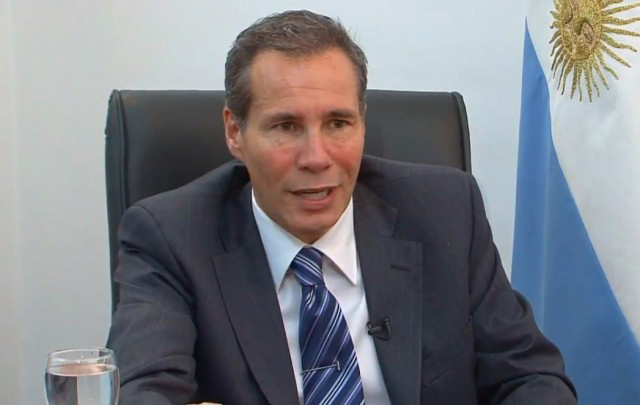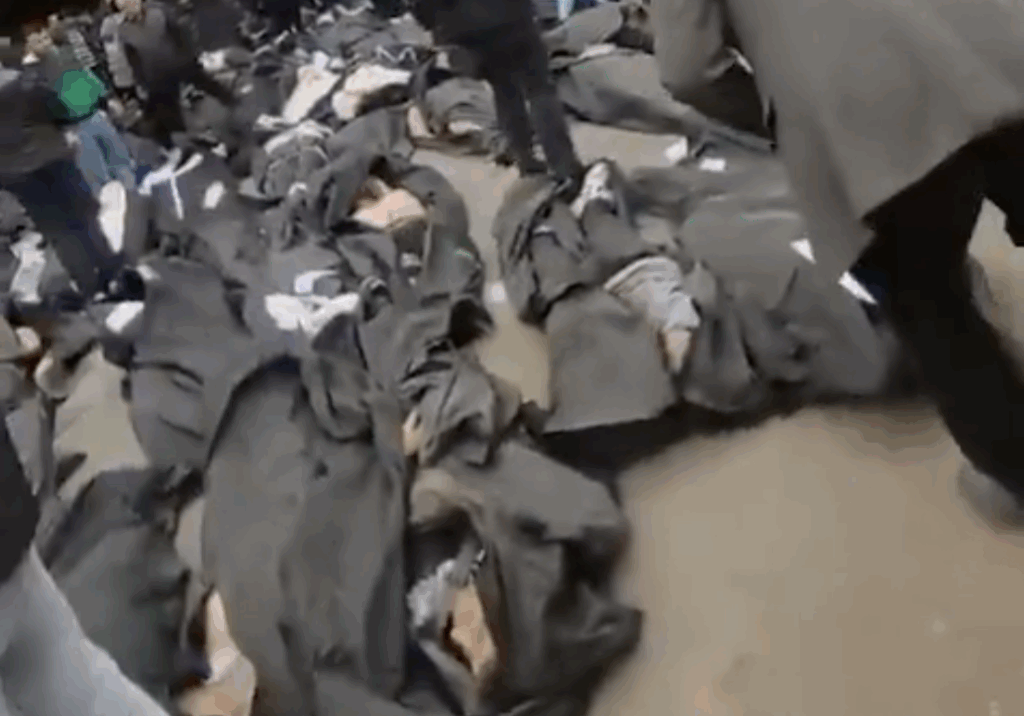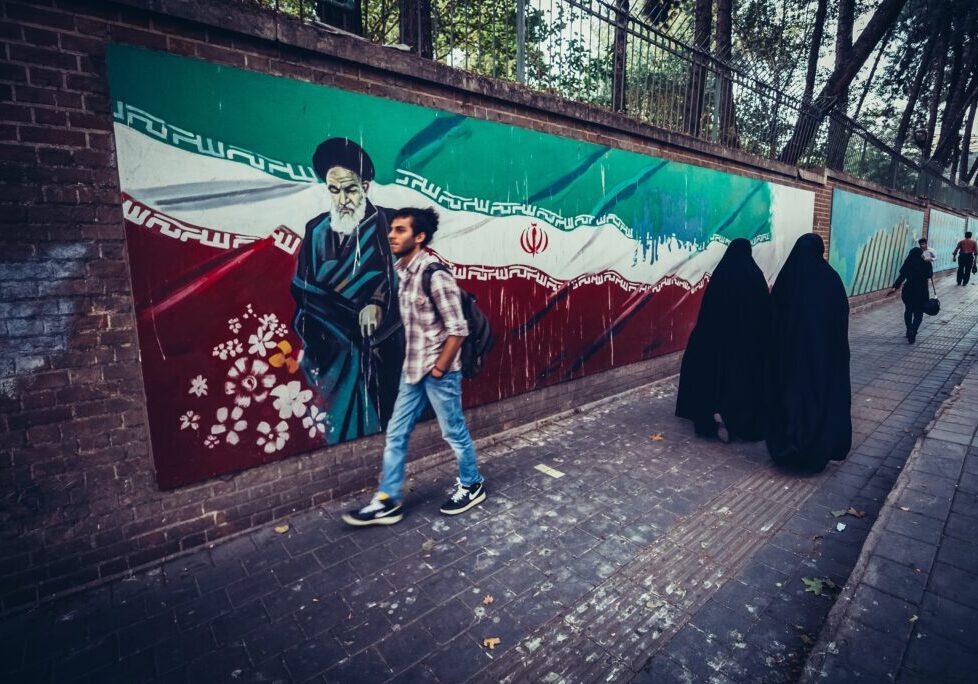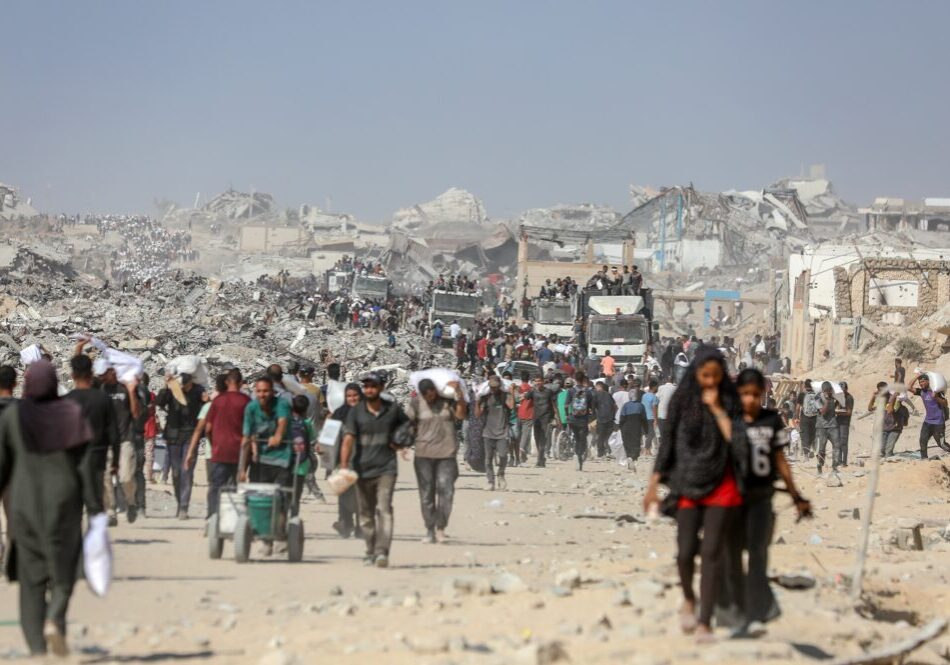Australia/Israel Review
Justice for Alberto Nisman?
Jan 30, 2015 | David Horovitz

David Horovitz
On August 14, 1993, in Mashad, Iran’s second-largest city, the Iranian leadership’s “Committee for Special Operations” convened to discuss its ongoing problems with Argentina – and specifically the flamboyant President, Carlos Menem.
Reorienting Argentina’s policy, moving his country closer to the West and to Israel, the Syrian-born Menem had severed the hitherto fruitful partnership between Buenos Aires and Teheran on all matters nuclear, first suspending and then terminating the training of Iranian nuclear technicians in Argentina and the transfer of nuclear technology to Iran.
Iran had brutally shown its fury at Menem’s betrayal in 1992, when it organised the bombing of the Israeli Embassy in Buenos Aires, in which 29 people were killed. The August 1993 meeting determined that a further terrorist assault on Menem’s country was necessary. A Buenos Aires-based Iranian “diplomat”, Mohsen Rabbani, had flown in for the meeting with a list of three potential targets. AMIA, the multi-storey Jewish community centre office building, was the first of the three to be discussed, and it was approved.
A 2006 indictment in the case names Iran’s Supreme Leader Ayatollah Ali Khamenei as the head of the council, and says the final decision to attack the AMIA centre was made by Khamenei and then-president Ali Akbar Hashemi Rafsanjani.
Imad Mughniyeh, the Hezbollah terror chief routinely charged with planning such atrocities, was subsequently flown from Lebanon to Iran and given instructions to coordinate the bombing. A Hezbollah activist named Ibrahim Berro – the fourth of five siblings of a Lebanese family with a long involvement in violence against Israel – was selected as the suicide bomber. And on July 18, 1994, Berro drove a white Renault Trafic van filled with explosives into the AMIA building, destroying it. The entire seven-storey structure collapsed, 85 people were killed and hundreds more were wounded. Mughniyeh, who had directly overseen the preparations, was in Buenos Aires until days before the bombing.
We know all of this because of the indefatigable investigative work of one man, Alberto Nisman, who 10 years ago took over the investigation of the bombing. It was Nisman who traced the evidence, in what remains the worst-ever terrorist attack in Argentina, all the way back to that meeting of the Iranian leadership in Mashad.
So definitive and persuasive were Nisman’s conclusions that Interpol placed the key Iranian conspirators, along with Imad Mughniyeh, on its international watch list, requiring member countries to assist in their arrests and extradition.
Resolute and single-minded, Nisman also sought to bring Menem to justice for covering up Iran’s role in the AMIA bombing.
The investigation Menem ordered was branded “a national disgrace” by subsequent President Nestor Kirchner, under whose watch Nisman was appointed.
In mid-January, Nisman, 51, alleged that the current Argentinean President, Cristina Fernández de Kirchner (Nestor’s widow), and her Foreign Minister Héctor Timerman, had worked to cover up Iran’s involvement in the attack. He said he sought to question her over the scandal.
On his first visit to Israel seven years ago, Nisman, a non-observant Jew, told me that he had been warned off the AMIA case by Iran, and that he had received death threats, including one that he found recorded on his home answering machine which was particularly troubling because his daughter was standing next to him when he played it. In one of several subsequent telephone conversations, he said the Iranians had told him – during hearings at which they sought in vain to have their incriminated leaders cleared by Interpol – that he had slandered their nation, that his capture would be sought, and that he would spend years in Iran’s jails.
As I wrote at the time, Nisman did not appear particularly fazed by the threats, saying lightly that he had no plans to visit the Islamic Republic. He also swore that he would not cease his work on the case until the perpetrators and orchestrators had been tried, convicted and jailed.
Alberto Nisman was found dead on Jan. 18 in a pool of blood, with a gunshot wound to his head, in his home in Buenos Aires. It was hours after the death of Imad Mughniyeh’s son Jihad, who had followed his father’s bloody footsteps, in an Israeli strike on the Syrian side of the Golan Heights. And it was hours before Nisman had been set to speak to a congressional panel about his latest allegations against President Kirchner.
Hearing the news that Monday morning, I could not help but recall what Nisman told me in a June 2013 telephone conversation: Teheran had established its terror networks for the strategic long term, he said, ready to be used “whenever it needs them.” In that same call, he warned that terrorist networks first established by Iran in several South American countries in the 1980s and 1990s were still in place.
I last spoke to Nisman a year and a half ago, when he responded to a spate of false reports that claimed Iran’s then president-elect Hassan Rouhani had been present at that August 1993 meeting when the AMIA bombing was commissioned. Rouhani was indeed a member of Iran’s National Security Council at the time, “according to witness testimony,” Nisman said, but did not sit on the council when it “carries out extralegal activities… under the name of ‘Committee for Special Operations.'” Nisman was intent on clarifying the point.
Nisman was a man determined to follow the facts, and committed to achieving justice.
What seems particularly tragic about the death of Alberto Nisman in Buenos Aires this week, the death of a brave, decent seeker of justice, an honest man who would not be intimidated or deterred, is that there will be nobody of comparable calibre and guts to ensure justice for him.
David Horovitz is the founding editor of the Times of Israel. He previously edited the Jerusalem Post (2004-2011) and the Jerusalem Report. © Times of Israel, reprinted by permission, all rights reserved.
Tags: Iran






